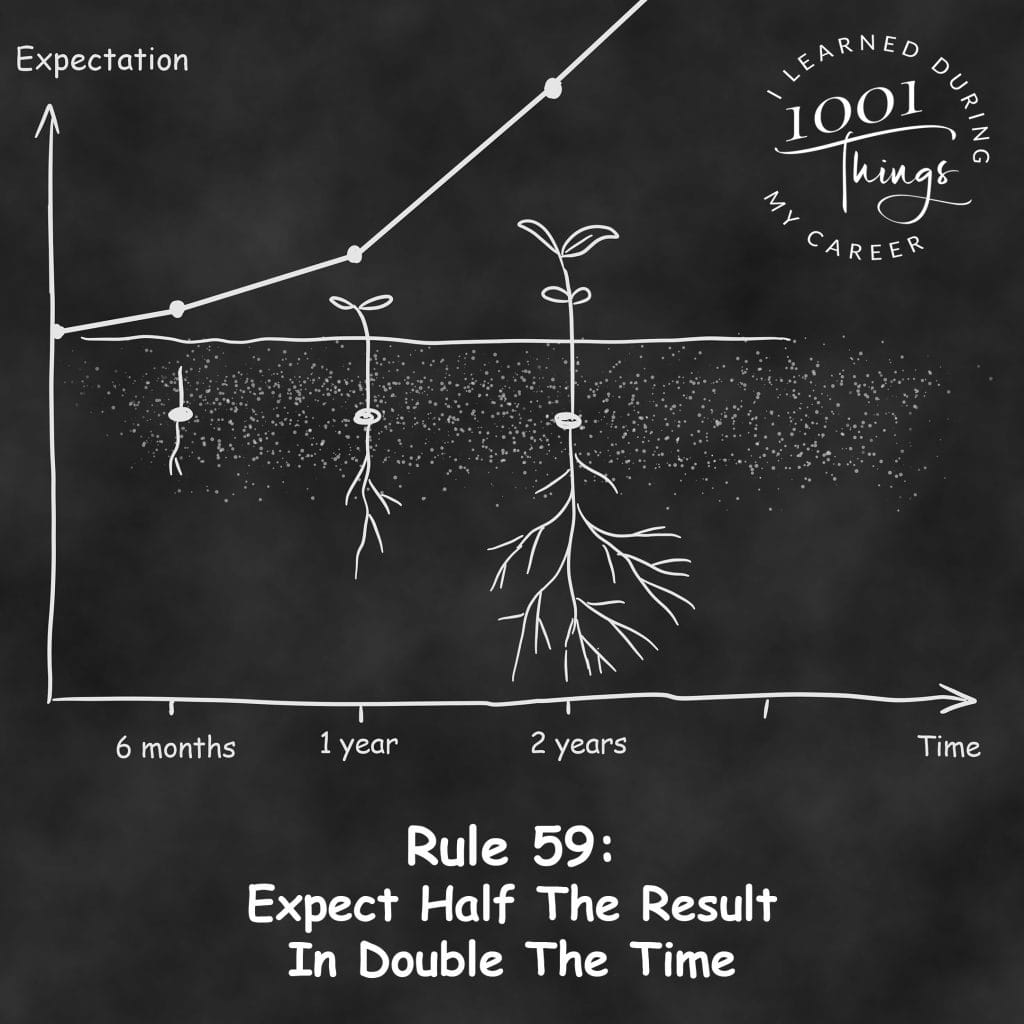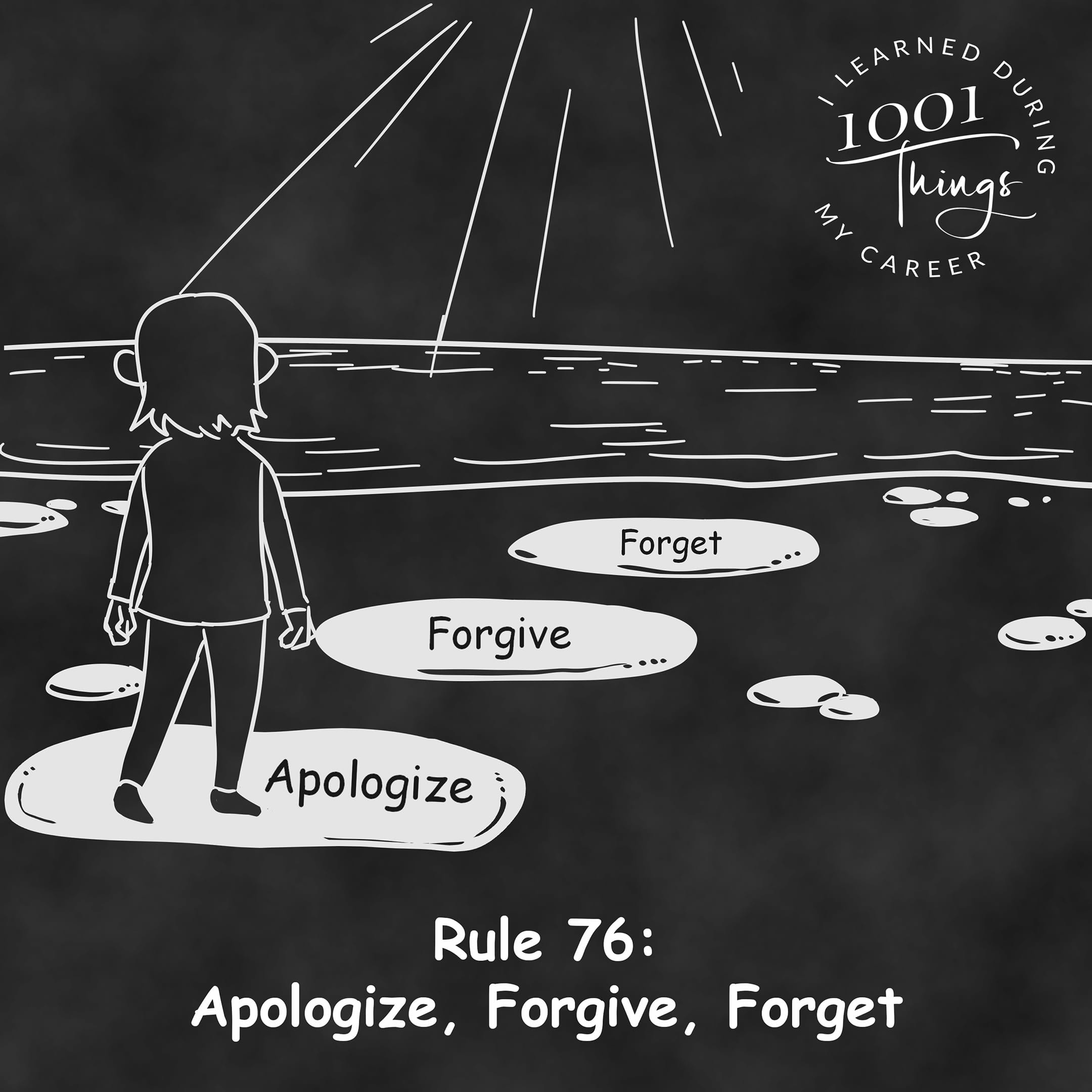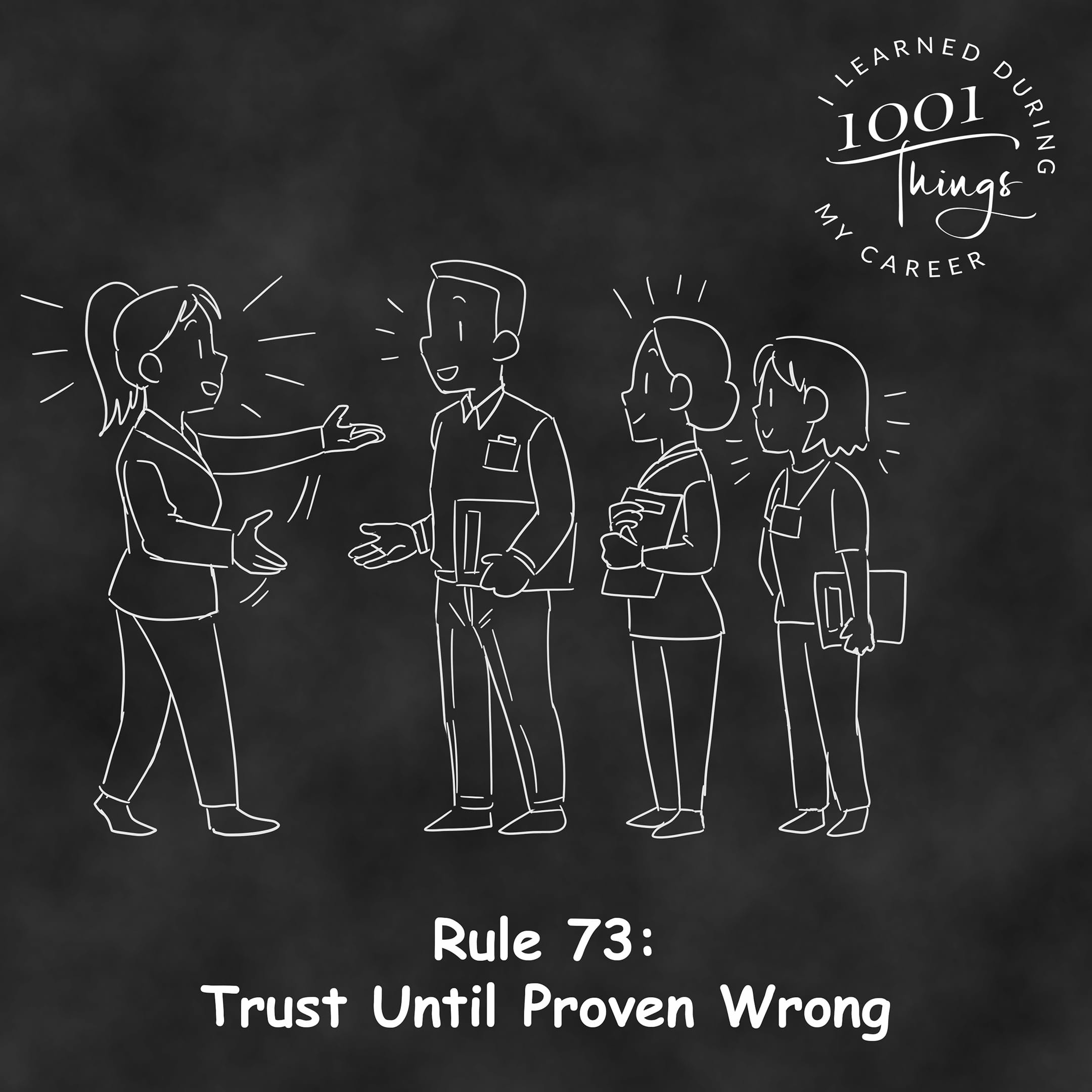In our fast-paced world, it’s easy to fall into the trap of setting lofty goals and expecting miracles to happen overnight. Whether it’s launching a new product, closing a big deal, or driving a major change initiative, we often set ambitious targets with unrealistic timelines, expecting everything to go perfectly according to plan. Unfortunately, miracles don’t happen overnight, and success often takes longer than we anticipate.
While there’s nothing wrong with being ambitious and setting high targets, it’s crucial to manage expectations realistically. This is especially important when leading a team: unrealistic expectations lead to frustration, disappointment, and a sense of failure, even when significant progress has been made. It’s about understanding that achieving great things often requires more time and effort than we initially anticipate, and that’s okay.
The development of the original iPhone by Apple is a prime example of how success often takes longer than anticipated: when Steve Jobs introduced the iPhone in 2007, it was a revolutionary product, but its creation was fraught with challenges, including technical hurdles and software issues. The development process took significantly longer than expected, and the team faced immense pressure to meet Jobs’ ambitious goals. Despite the delays, the result was a product that exceeded expectations in innovation and impact. The iPhone didn’t become an instant success overnight; it took time for the market to fully appreciate its potential. However, with perseverance and a realistic approach to the challenges, the iPhone ultimately transformed not only Apple but the world.
When Airbnb launched in 2008, the founders struggled for years to gain traction: most investors laughed at the idea of strangers renting out air mattresses in their living rooms. Growth was slow, trust was hard to build, and it took years before the platform gained real momentum. Today, Airbnb is a global brand that most of us are regularly using. It’s a perfect example of how breakthrough results often come much later, and only after pushing through far more resistance than expected.
This rule isn’t about lowering your standards or dampening ambition; it’s about recognizing the realities of the process. The worst thing that can happen is setting an unrealistic target, having the team deliver an outstanding result that doesn’t meet the inflated expectations, and ending up feeling frustrated. By expecting half the result in double the time, you give yourself the space to navigate challenges, adapt to changing circumstances, and ultimately appreciate results for what they are.
So, the next time you set a goal, keep in mind: expecting half the result in double the time is a smart way to manage your expectations.





